3 Oil Majors That Bet Big On Renewables
Green Car Congress
AUGUST 31, 2020
Big Oil has frequently been chided for merely trying to burnish its green credentials, and so far, it has done little to convince us that it is truly moving forward to greenness. Let this sink in: In 2018, Big Oil spent less than 1% of its combined budget on green energy projects. by Alex Kimani for Oilprice.com. 2 Total SA.

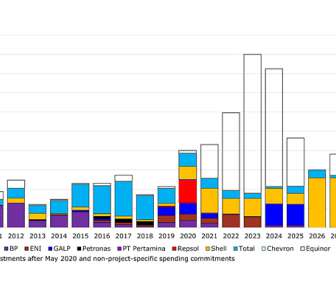













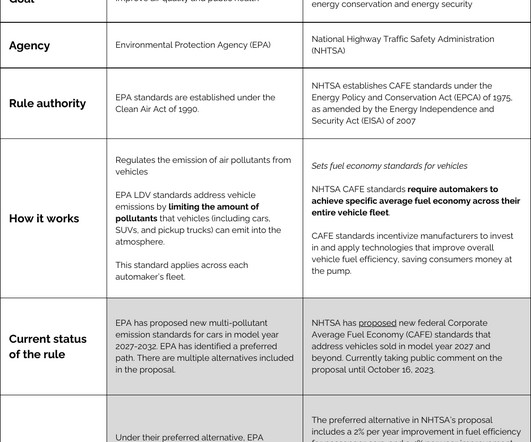

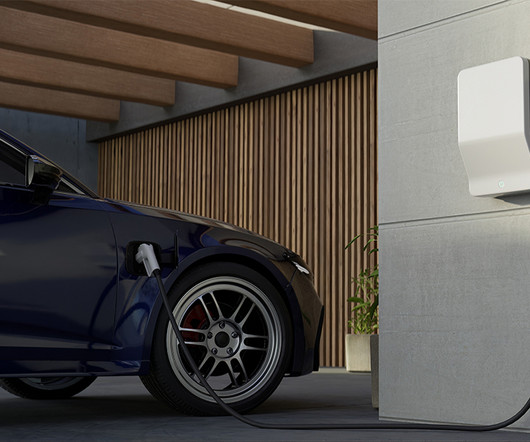







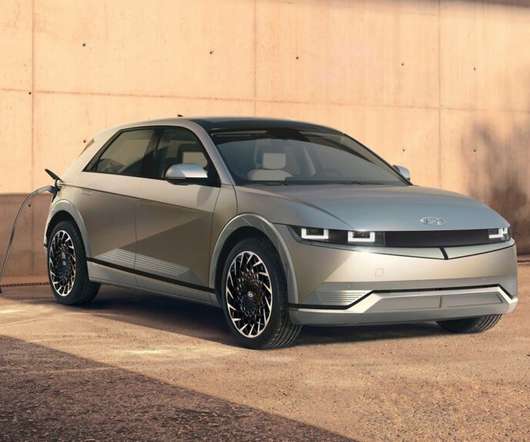





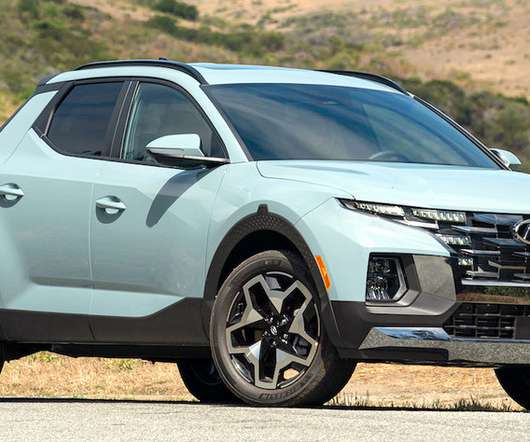


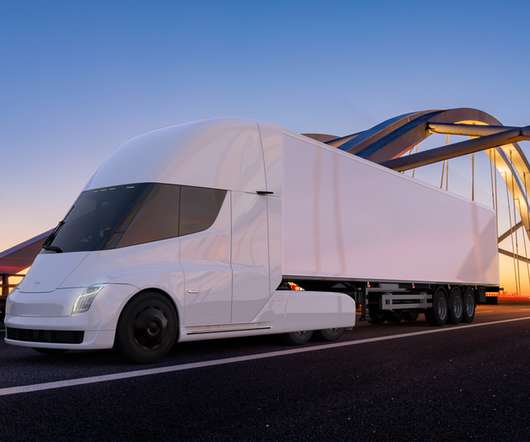
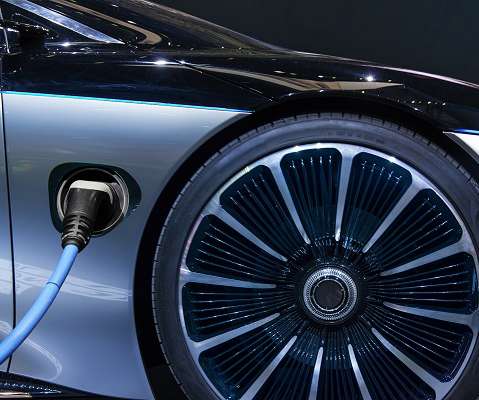







Let's personalize your content